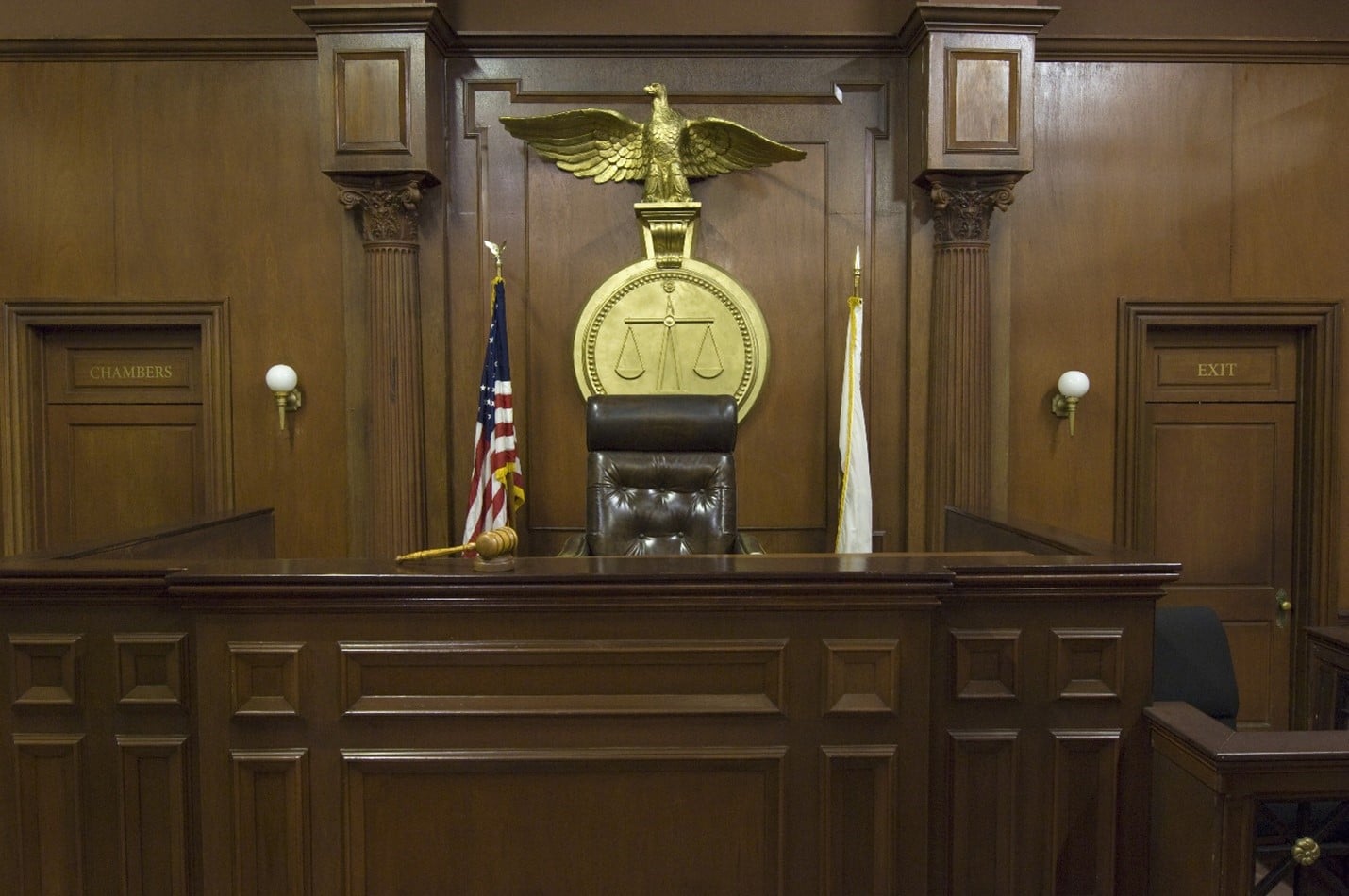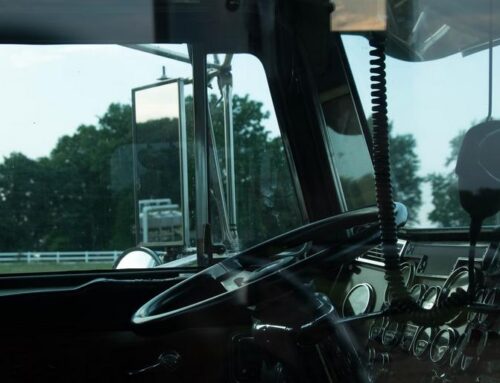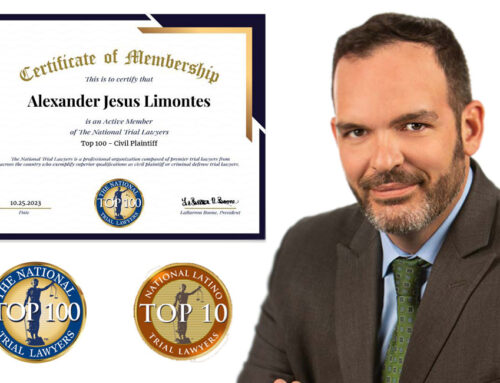In the case Burton v. Benner, the issue of whether someone was acting “in the scope of employment” when an accident occurred was brought before the Indiana Supreme Court. This case involved a motorcycle accident that was caused when an off-duty police officer was driving his unmarked police vehicle.
In this case the police officer in question had just finished his shift, returned home to change clothes, and took the unmarked police car back out to get to his child’s sporting event. On the way there, he was attempting to pass a car on a one-lane road by going around the car in the on-coming lane when the officer thought there was no on-coming traffic. However, there was a motorcycle headed toward the officer, and when he noticed this, he slowed his car and moved back into his lane. However, the operator of the motorcycle had already hit the brakes, locked them, and caused the motorcycle to fall on the side, ejecting the operator and his passenger.
The operator of the motorcycle, Burton, sued the officer, Benner, for the injuries incurred in the accident. Benner asserted that he was not liable for the injuries because he was acting within the scope of his employment under the Indiana Tort Claims Act (I.C. 34-13-3).
In this case the Indiana Supreme Court stated that despite Benner operating his vehicle at 7 to 10 miles above the speed limit, it was not so egregious that it was “clearly outside” the scope of his employment.
What Actions are “Clearly Outside” the Scope of Someone’s Employment?
When determining if an action taken by an employee is “clearly outside” the scope of their employment, the Indiana Supreme Court has laid out a standard that must be looked at. An action is within someone’s scope of employment if the action performed was assigned by the employer or the course of conduct was subject to the employer’s control. A further question the Court has asked is whether the action arises naturally or predictably from the employment context. This question is important because it expands the situations where an action might be considered within the scope of someone’s employment, as in the above case.
Using the first question in Burton v. Benner, the Court could not have found that the officer’s driving of his car to his son’s sporting event was an action that was protected. However, by using the second standard, the Court could and did come to that conclusion. This is because a police officer drives their vehicle around every day. The mere act of driving the police vehicle, whether marked or unmarked, is something that naturally happens during the workday of any police officer and can be considered within the scope of their employment. Even though the officer was not driving the car on official police business, because he was using the vehicle, and because the use of the vehicle is a work activity, he was protected from individual liability under the Indiana Tort Claims Act.
Therefore, actions must not be endorsed by an employer, and they must not naturally or regularly fall within the course of employment, even if they are not directly credited to the employer. This is important to realize, because if you have suffered personal injury based on the actions of a state employee or agency, you may not be able to recover damages from that specific person who caused you harm if their actions fall within the scope of their employment. The Indiana Tort Claims Act specifies that you must sue the agency, and it caps damages.
Have You or a Loved One Been in an Accident with a State Employee, and Don’t Know What to do?
If you have been injured because of the actions of a state employee, and don’t know what to do or where to turn, a personal injury attorney can advise you of your rights and what compensation may be available. Contact an experienced personal injury attorney at Hurst Limontes





